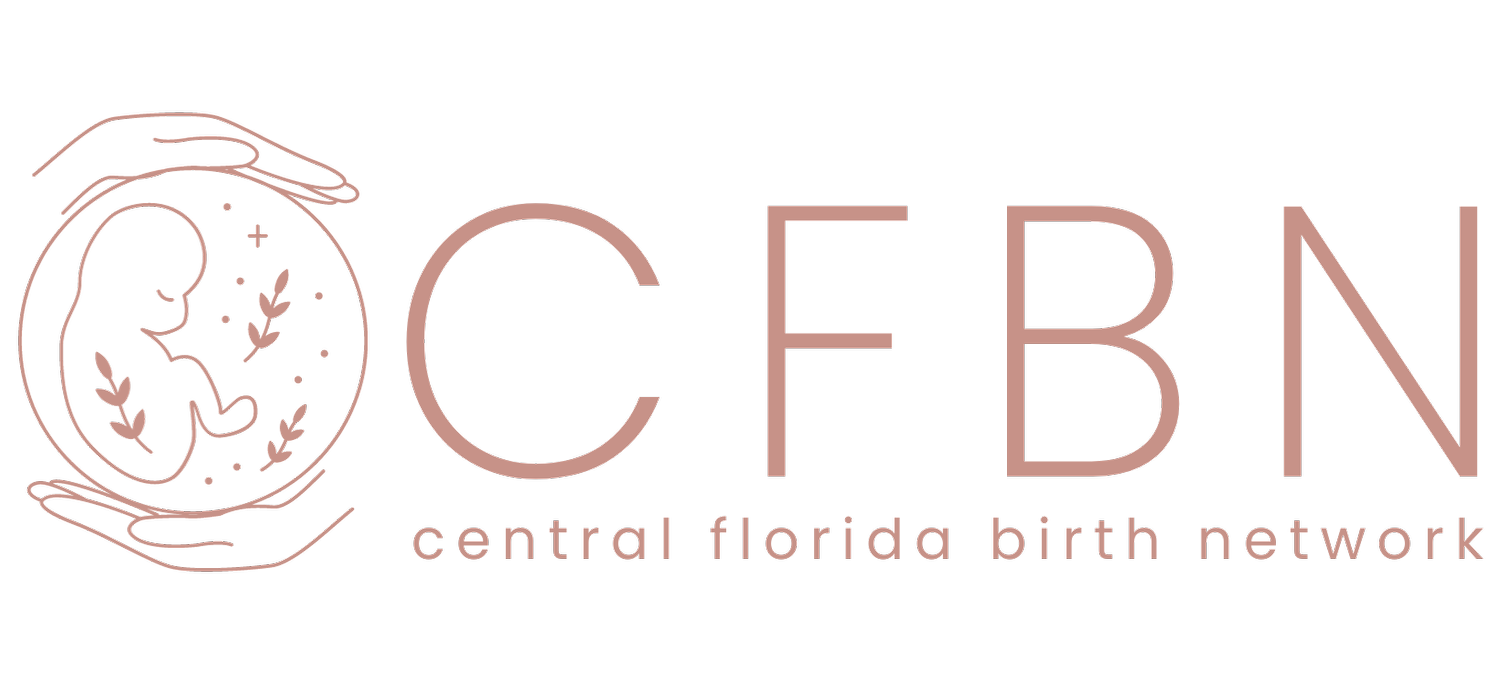Teething: Tips for Relief and Better Sleep
Contributing Writer(s) for CFBN: Ariana with Step by Step Baby Consulting. This content is educational and should not be considered a substitute for diagnosis or treatment that may be leading to questions or concerns about your child. If you are seeking additional infant sleep support please reach out to your child’s healthcare provider.
Teething and sleep are such a hot topic!
Do you ever find yourself thinking, “Oh, here we go, she’s teething again!” Or, “I guess we will be up every hour tonight…looks like another tooth is coming.”
Seriously, there’s always so much drama at our house when the kids are teething!
Science says that teething does not affect sleep, and I don’t know about you, but in my own anecdotal experience, it ABSOLUTELY affected my kids’ sleep!
In this post, I’m going to help you identify if it’s actually teething that’s affecting your little one’s sleep, or if it’s something else, and what you can do about it.
The Root Cause of Your Child’s Poor Sleep
What to Know About Teething
Most babies begin teething between 4-8 months, and will continue to teeth until the first 2-3 years of their life. Many parents report fussy, irritable behavior, excess drooling, interrupted sleep, red cheeks, fever, and diarrhea leading up to the eruption of a tooth.
What to Know about Teething and Sleep
But, when it comes to struggles with sleep, is teething really to blame??
Think of it this way - it could be. A day or two before the tooth erupts, most parents can observe reddening and swollen gums. When a baby is laid down to sleep, the horizontal position likely places more pressure on the gums, so it would be logical that for some babies this may result in more pain, causing them to awaken. And if it is painful, you can certainly expect for your little one to be fussy and irritable.
Now, let me ask you this: Is your baby or toddler a good sleeper otherwise?
Does your child have the ability to get independent, consolidated sleep otherwise, beyond these periods of teething? If your answer is yes, I’m willing to bet teething doesn’t much affect your child, OR, it does and you can easily identify that the cause of their fragmented sleep, in fact, is actually due to teething.
And, if your answer to that question is “no,” then your child is going to wake up anyway because they’re lacking that ability to connect sleep cycles on their own. So, they could be waking due to teething, but they are also waking because they haven’t yet learned the skill of connecting their sleep cycles on their own.
What Parents Can Do to Help with Teething
If your child is an already independent sleeper and you are certain teething is the culprit of their poor sleep, you can treat it, especially before periods of sleep, to ensure they’re comfortable when it’s time to lay down.
Ariana’s Favorite Teething Remedies
I felt like a WILD mom when my kids were teething - I bought ALL THE THINGS! Two kids (who are *almost* done teething) later, I know exactly what to spend your money on and what to avoid. My best advice is to keep your baby comfortable during the day so they can sleep well. Here are some of my favorite teething tips and remedies:
Keep pacifiers and teethers in the fridge or freezer. Rotate them out as needed so you can continually provide a cool or cold item as your little one needs them throughout the day.
Snacks can keep even the fussiest babes happy. Try some creative and soothing options for when your little one is teething: Chilled/frozen fruit in food feeder, smoothies (made with human milk/ formula), milk popsicle (human milk/formula), thawed out homemade waffle (made with human milk/formula), knotted washcloth soaked in human milk/formula, frozen and then thawed and frozen yogurt.
For pain relief, I’ve found it helpful to keep these items on hand: Camilia Teething Drops, Little Gums Soothing Massage Gel, Chamomile Soothing Tablets, and, of course, Infants’ Tylenol or Infants’ Motrin.
Always follow the advice of your child’s pediatrician for teething pain relief
If your child is not yet an independent sleeper, you can teach them to be! After you do this, you may find that their teething symptoms magically disappear and they wake up with a new tooth that you had no idea was about to erupt.
Now that you know everything you need to about teething and sleep, what is your conclusion? Is it really teething that is causing your little one to struggle with sleep, or is it something more? And if you need help, I’m your girl. You can learn more about how I help families with sleep here.
Contributing Writer(s) for CFBN: Ariana with Step by Step Baby Consulting.
This content is educational and should not be considered a substitute for diagnosis or treatment that may be leading to questions or concerns about your child. If you are seeking additional infant sleep support please reach out to your child’s healthcare provider.


